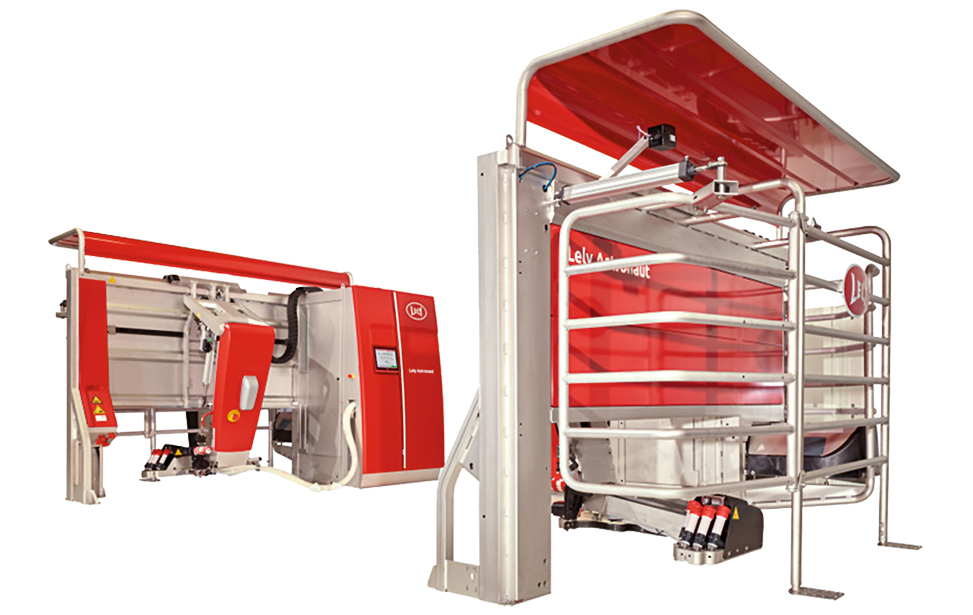The agricultural sector constantly seeks innovative ways to enhance the shelf life and quality of fruits and vegetables. One crucial aspect of this endeavor is the selection of appropriate packaging materials, which play a significant role in protecting produce from moisture, oxygen, and other external influences. The QS Academy addresses this critical topic in its upcoming live-online seminar titled “Safe Packaging for Fruits and Vegetables,” scheduled for July 3, 2024, from 10:00 to approximately 11:30 AM.
This seminar, specifically designed for quality assurance and packaging process professionals in wholesale and processing companies, offers an in-depth overview of the most effective packaging materials. These materials are evaluated for their properties related to freshness retention, protection, and transportation of fruits and vegetables.
The Role of Packaging in Freshness Retention
Proper packaging is paramount in preserving the quality and extending the shelf life of fresh produce. Recent studies have shown that the right packaging can significantly reduce spoilage and waste. For instance, modified atmosphere packaging (MAP) and vacuum packaging are widely used to maintain the freshness of fruits and vegetables. According to a study published in the Journal of Food Science and Technology, MAP can extend the shelf life of strawberries by up to 14 days compared to conventional packaging methods.
The seminar will cover various materials, including biodegradable options that are becoming increasingly popular due to their environmental benefits. Andy Enninghorst, an agricultural scientist and quality management systems consultant for the fruit and vegetable sector, will lead the session. He will discuss the properties of different packaging materials and their suitability for various types of produce.
Regulatory and Specific Requirements
In addition to material selection, understanding and complying with regulatory requirements is essential for the safe packaging of fruits and vegetables. Enninghorst will provide an overview of the legal and specific requirements that packaging must meet. This includes guidelines set by the European Union, which mandate the use of materials that do not pose a risk to human health and that maintain the hygiene of food products.
Participants will also learn how to correctly interpret conformity declarations to ensure that the packaging materials they use comply with these regulations. Conformity declarations are critical documents that confirm a packaging material meets all the necessary safety and quality standards. Proper understanding and application of these declarations can prevent costly mistakes and enhance the reliability of packaging processes.
The QS Academy’s seminar on “Safe Packaging for Fruits and Vegetables” offers valuable insights into the latest advancements and best practices in packaging technology. By attending this seminar, professionals can enhance their knowledge of material properties, regulatory requirements, and practical applications to ensure their produce remains fresh and safe during transport and storage. This comprehensive approach not only benefits the agricultural sector but also contributes to reducing food waste and promoting sustainability.












